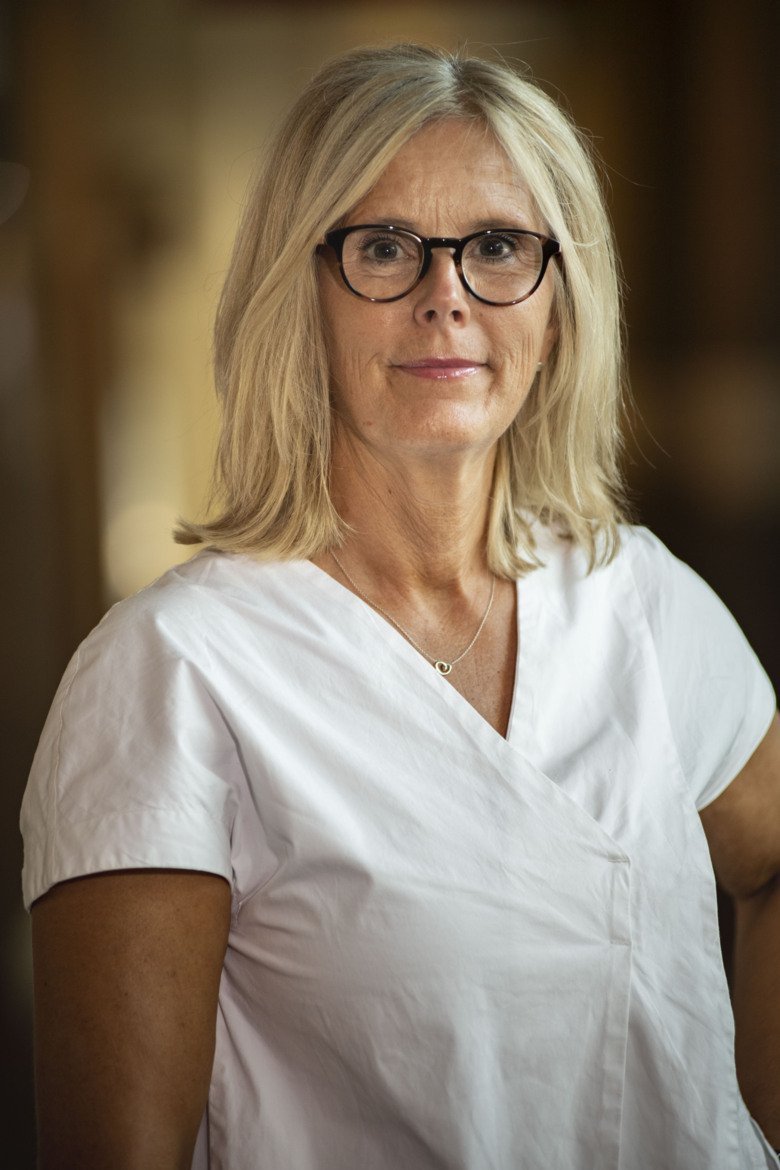Developing e-health for improved care
A mobile app for postoperative follow-up care leads to better patient outcomes and lower healthcare costs. Ulrica Nilsson investigates how e-health solutions can improve perioperative care.

What are you researching?
“I am researching how healthcare can be improved for patients who have undergone surgery. Above all, I am interested in identifying those patients who need a little extra support, and in developing better ways to help them. Our healthcare services are good at following up things as pain and nausea after surgical procedures, but this does not provide the full picture. Other factors are also important for recovery, such as the way patients understand information, their mental health, whether they are sleeping well, and whether they feel worried. However, these issues are often not followed up. We know that patients who experience these types of problems experience more symptoms, suffer from more complications and are more likely to seek emergency care.”
How are you researching this topic?
“Among other things, we have created a mobile app that allows us to follow up with patients for two weeks after day surgery. They answer daily questions about how they are feeling and are allowed to choose when they wish to be contacted by their care provider. The results showed that the patients felt secure, suffered from fewer symptoms, and sought out emergency care less frequently when they had questions. On average, the telephone calls were six and a half minutes long – this is a very cost- effective way to remove some of the burden from the emergency care services. There has been great external interest in our project, and I hope that these kinds of solutions will soon be implemented into the healthcare system. We are far behind the rest of society when it comes to using apps for better communication, data collection and follow-up.”
What do you intend to do next?
“We plan to examine how other factors, such as a lack of language skills, cognitive impairment and physical activity, affect recovery after surgery. We will also begin to study other patient groups, such as patients who have undergone obesity surgery. Another exciting track is a collaboration that we have just initiated with gaming design researchers. Our aim is to develop a mobile game that measures cognition.”
Text: Anders Nilsson, in translation from Swedish
First published in From Cell to Society 2019
About Ulrica Nilsson
Professor of Nursing at the Department of Neurobiology, Care Sciences and Society
Ulrica Nilsson was born in Dals-Ed in 1960 and became a registered nurse in 1980. As a clinician, she has worked as a nurse anaesthetist since 1985 – currently at Karolinska University Hospital. She received her doctorate at Linköping University in 2003, and then began her research at Örebro University.
From 2005 to 2012 she served
as a scientific advisor at the Centre
for Healthcare Sciences at Örebro University Hospital, and from 2010 to 2012 she held a joint position at Umeå University and the University Hospital of Umeå. She became an associate professor at Örebro University in
2009 and a full professor in 2012.
Ulrica Nilsson was appointed Professor of Nursing at Karolinska Institutet on 1 September 2018.
